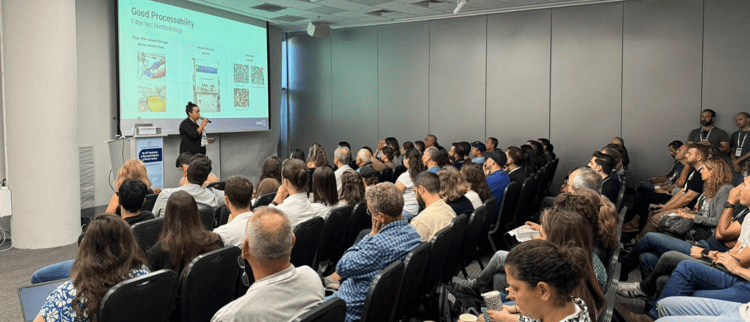Recycled Plastics Redefined: My Journey of Innovation at Netafim
Looking back at my years at Netafim, I can see a fascinating journey of learning, innovation, and overcoming challenges. I started working at Netafim during my B.Sc. studies, as a materials engineering student at Kibbutz Hatzerim production site.
What began as a brief training on the production floor turned into a deep passion for manufacturing processes through an unfiltered learning experience in real-world operations. On the production floor I learned that even the most cutting-edge innovations must remain connected to manufacturing realities.



Comments
We'd love to hear your thoughts! To enter a comment, type your name and email address.